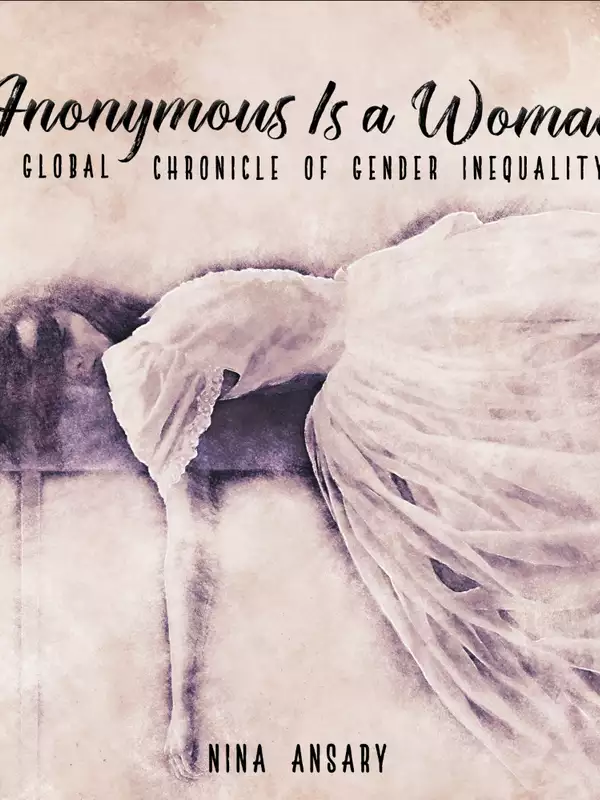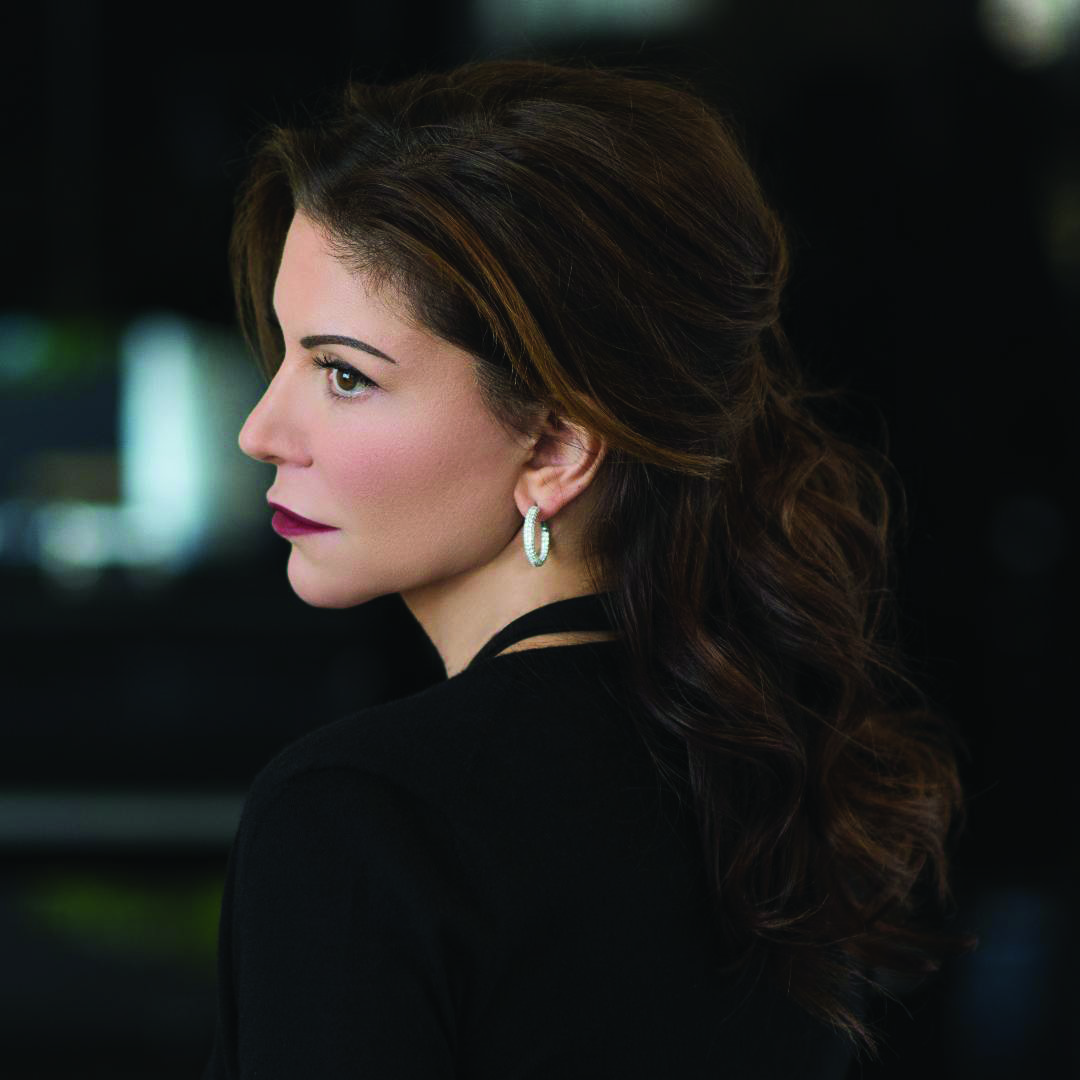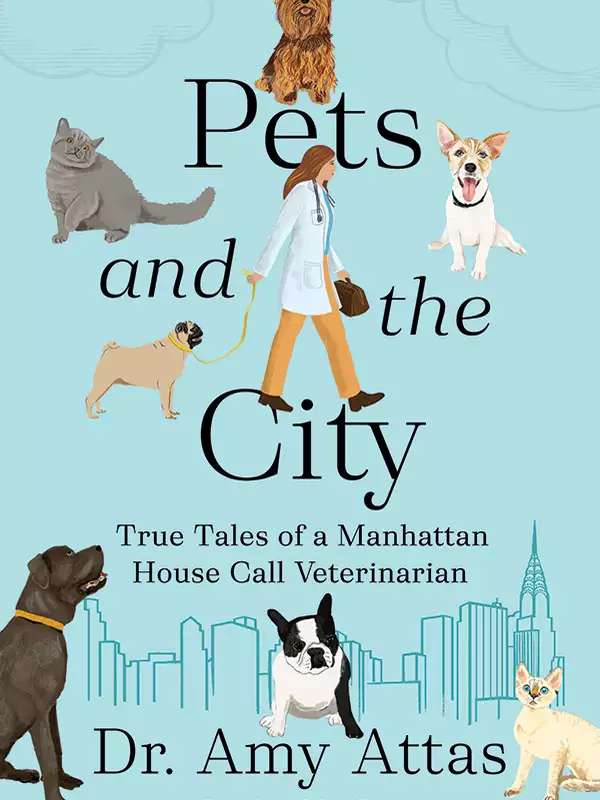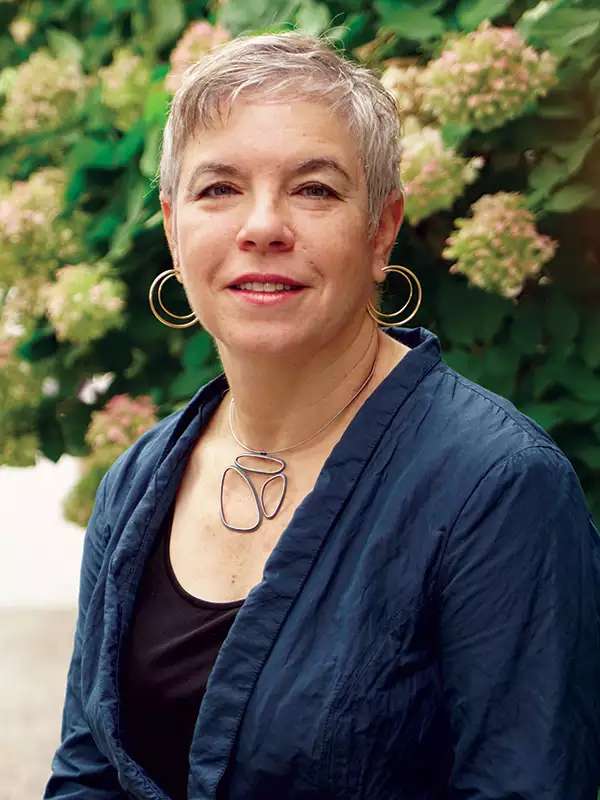
Throughout history, women have been pioneers in fields ranging from medicine and science to politics and literature. They’ve been inventors and writers, botanical artists and generals. And yet little is known about many of these women and their formidable achievements. Nina Ansary ’89, P’19, Ph.D.’13 CU — an award-winning author and women’s rights activist — is helping to tell their stories. In her new book, Anonymous Is a Woman: A Global Chronicle of Gender Inequality, she profiles 50 female innovators whose groundbreaking work takes the reader on a 4,000-year historic journey that uncovers the roots of systemic gender discrimination. Ansary’s extensive writing on and advocacy for women’s rights has earned her numerous accolades, including the 2019 Ellis Island Medal of Honor and Barnard’s 2018 Trailblazer Award. We connected with Ansary to discuss her experience researching the book, mentoring young women in STEM, and her advice for emerging historians.
What planted the seed for Anonymous Is a Woman?
It was a combination of factors — my participation on university panels and conferences in addition to my advocacy and academic work — that culminated in research exploring the history of systemic gender oppression. Given my work on women in Iran, oftentimes it struck me that there is still a sense [in the Western world] that women “over there” face more daunting challenges but that women “over here” have more or less equal opportunities. The fact is that this isn’t just an “Iran problem” but applicable in varying degrees to the global community at large.
Can you tell us about the inspiration behind the title of the book?
The title derives from Virginia Woolf’s renowned assertion: “Indeed, I would venture to guess that Anon, who wrote so many poems without signing them, was often a woman” — frequently misquoted as “For most of history, Anonymous was a woman.” The unfortunate reality is that nearly a century after Woolf penned her infamous words, women worldwide continue to be prevented from realizing their full potential due to society’s formal and unspoken barriers. In many nations, the status of women as second-class citizens has been codified into law. In other countries, discrimination takes a more insidious form, manifesting in stereotypical assumptions that women are less biologically qualified in certain fields.
What did you study at Barnard that helped you become a writer and women’s rights activist?
As a sociology major at Barnard, I found the study of cross-cultural relations, social structures, ethical issues, interaction, and consequences of human behavior truly fascinating — specifically, exploring the landscape of how action and consciousness both shape and are shaped by cultural and social structures. My studies in this field combined with the breadth of inspiration that comes from being in an environment committed to building a more equitable path whereby women are encouraged to take risks, to not follow but to lead, and to have the strength of conviction enabled me to forge my own path both as a writer and as a women’s rights activist.
In researching the book, what really stood out to you about these women?
Their courage and determination to overcome gender-based obstacles were matched only by their spirit, resilience, and the innovative ways in which they were able to push beyond the boundaries, especially given that they were all born prior to 1900, when opportunities were not readily available to women, when females were often barred from educational institutions and from holding certain positions in society, or when their achievements were undervalued.
In 2018, you were appointed by U.N. Women to be a Champion for Innovation. What have been some rewarding experiences from holding this position?
This was a new initiative launched to advocate, share, and promote U.N. Women’s work and activities that support women’s and girls’ increased participation in innovation, science, technology, and entrepreneurship. Providing guidance and mentorship to young women — who aspire to enter the STEM and entrepreneurial fields but are apprehensive due to the overall bias that permeates these industries — has without a doubt been one of the most rewarding experiences. Women in the U.S. receive approximately 2% of all venture capital funding and comprise less than 25% of the STEM workforce. The objective is to not only address the barriers but to find solutions that would increase VC funding and reduce the gender gap in these fields.
How would you advise Barnard students who are aspiring writers or historians?
My best advice is to have patience, read widely, and seek out mentors who have navigated the challenges of being a writer and/or a historian. Never discard anything you have written because ultimately you are gathering experiences, and you never know what might be useful in the future. Learn to accept constructive criticism because this is an integral part of your journey and will only lead to improvement.
What books are currently on your nightstand?
Three Women by Lisa Taddeo, My Daughter’s Army by Greg Hogben, and The Unbearable Lightness of Being: A Novel by Milan Kundera.
All proceeds from Anonymous Is a Woman will be donated, with primary recipients being the Center for Human Rights in Iran and the London School of Economics Centre for Women, Peace, and Security.




